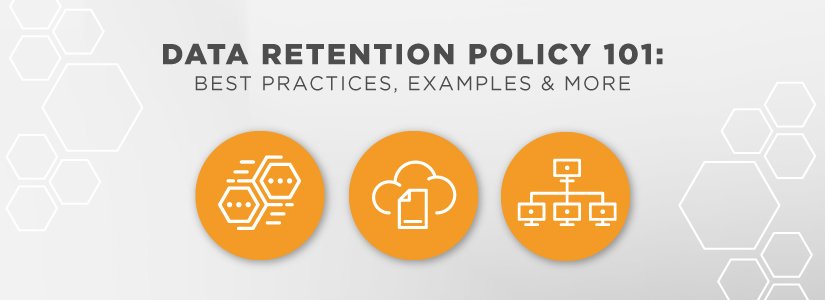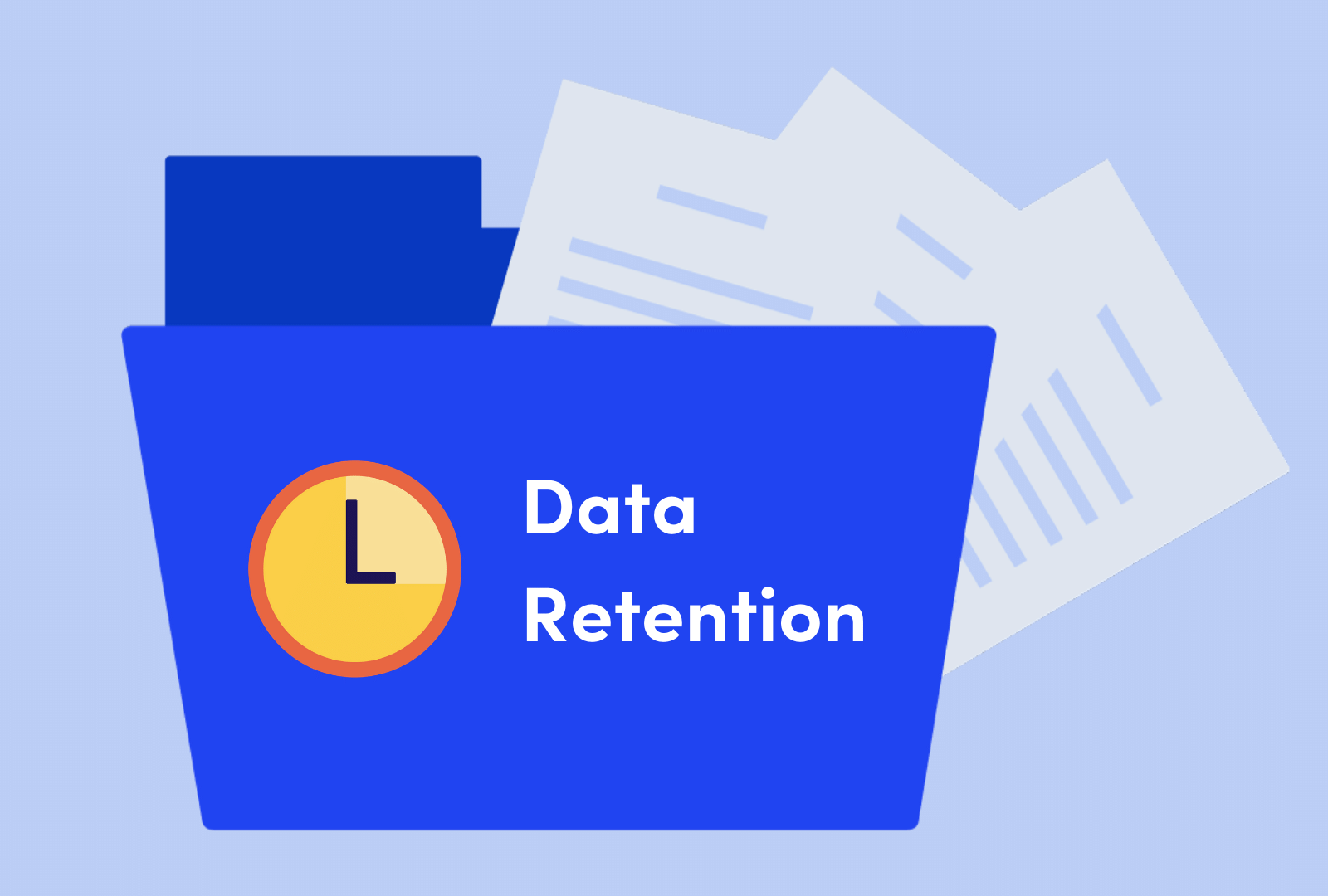Introduction to Data Retention Policy
A Data Retention Policy is a crucial document that governs how organisations collect, store, and dispose of data in compliance with legal requirements and best practices. It ensures data is retained only as long as necessary for legitimate business purposes or legal obligations.
Legal Framework in England and Wales
Under the UK General Data Protection Regulation (UK GDPR) and the Data Protection Act 2018, organisations must have lawful grounds for processing personal data and must adhere to principles of data minimisation, storage limitation, and accountability.
Purpose of a Data Retention Policy
The primary purpose of a Data Retention Policy is to
- Ensure Compliance: Align data handling practices with legal requirements, including GDPR principles and sector-specific regulations.
- Manage Risks: Mitigate risks associated with data breaches, identity theft, and non-compliance penalties by implementing clear guidelines for data retention and disposal.
Key Components of a Data Retention Policy
- Data Categories: Classify data types (e.g., personal, financial, operational) and specify retention periods based on their sensitivity and legal requirements.
- Retention Periods: Define how long different categories of data will be retained, considering statutory retention periods, business needs, and historical or archival purposes.
- Data Disposal: Outline procedures for secure data destruction or anonymisation once retention periods expire, ensuring compliance with data protection principles.
Creating a Data Retention Schedule
Develop a structured Data Retention Schedule that
- Identifies Data Sources: Catalogue data sources within the organisation, including databases, paper records, and digital archives.
- Assigns Responsibility: Allocate responsibilities for data retention and disposal to designated personnel or departments, ensuring accountability and compliance.
Implementation and Monitoring
- Training: Provide training to staff on the Data Retention Policy, including data handling practices, legal obligations, and consequences of non-compliance.
- Auditing and Review: Regularly audit data retention practices to ensure adherence to the Policy and make updates in response to regulatory changes or organisational needs.
Benefits of a Robust Data Retention Policy
A well-crafted Data Retention Policy offers several benefits:
- Enhanced Compliance: Demonstrates commitment to data protection laws, fostering trust with stakeholders and customers.
- Operational Efficiency: Streamlines data management processes, reduces storage costs, and improves response times to data subject access requests (DSARs).
Case Studies and Examples
Explore case studies of organisations that have successfully implemented Data Retention Policies, highlighting best practices and lessons learned in data governance and compliance.
Conclusion
A comprehensive Data Retention Policy is essential for organisations in England and Wales to navigate data protection laws effectively. By establishing clear guidelines for data management, retention periods, and disposal practices, organisations can uphold privacy rights, mitigate risks, and achieve regulatory compliance.
What is a Data Retention Policy?
A Data Retention Policy is a document that outlines an organisation’s guidelines and procedures for managing the retention, storage, and disposal of data, ensuring compliance with legal requirements and best practices.
Why is a Data Retention Policy important?
A Data Retention Policy is crucial for ensuring that organisations retain data only as long as necessary for operational and legal purposes, thereby reducing risks associated with data breaches, identity theft, and non-compliance with data protection laws.
What are the legal requirements for data retention under UK GDPR?
Under the UK General Data Protection Regulation (UK GDPR), organisations must retain personal data only for as long as necessary to fulfil the purposes for which it was collected. Specific retention periods may vary based on the type of data and its use.
How do you determine data retention periods?
Data retention periods should be determined based on legal requirements, business needs, and operational purposes. Factors such as the sensitivity of the data, its importance to the organisation, and any regulatory obligations should be considered.
What happens if an organisation does not have a Data Retention Policy?
Without a Data Retention Policy, organisations may face challenges in managing data effectively, potentially leading to increased risks of data breaches, regulatory fines, and legal liabilities for non-compliance with data protection laws.
Who is responsible for implementing and enforcing a Data Retention Policy?
The responsibility for implementing and enforcing a Data Retention Policy typically lies with senior management, data protection officers (DPOs), and compliance teams within an organisation. Clear accountability ensures adherence to policy guidelines.
How often should a Data Retention Policy be reviewed and updated?
A Data Retention Policy should be reviewed regularly, at least annually, or whenever there are significant changes in data protection laws, business practices, or technological advancements. Updates should reflect current regulatory requirements and organisational needs.
What are the consequences of not following a Data Retention Policy?
Non-compliance with a Data Retention Policy can result in regulatory fines, reputational damage, loss of customer trust, and legal actions. Organisations may also face difficulties in responding to data subject access requests (DSARs) or investigations.
Can a Data Retention Policy help with data subject access requests (DSARs)?
Yes, a well-defined Data Retention Policy facilitates timely responses to DSARs by ensuring that relevant data is readily accessible and securely retained. This enhances operational efficiency and demonstrates compliance with data protection rights.
Where can I find resources to help develop a Data Retention Policy?
Resources for developing a Data Retention Policy include guidance from the Information Commissioner’s Office (ICO), legal professionals specialising in data protection, and industry-specific best practices. These sources provide valuable insights into regulatory requirements and implementation strategies.
- Self Employed Consultant Agreement (Long) – Provider Version - August 14, 2024
- Website Privacy Policy – First Party Cookies + Analytics - August 10, 2024
- Templates For Supply Of Plastic Packaging Subject To Plastic Packaging Tax - August 9, 2024










